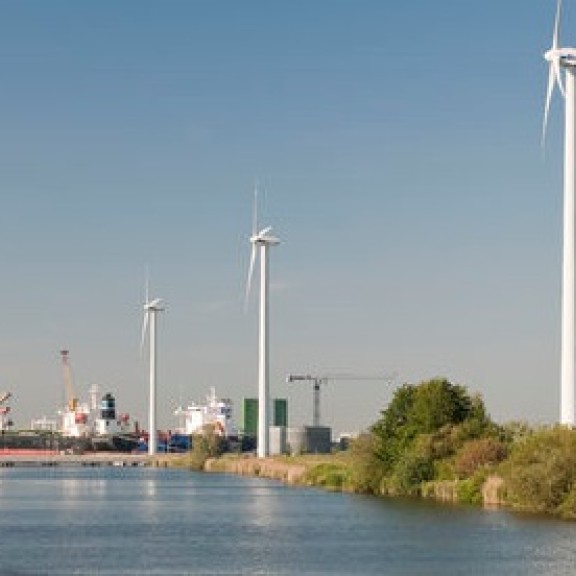
‘A circular chemical industry allows us to take huge steps in making the economy more sustainable’
'Most people come up with blank looks when asked about making the chemical industry more sustainable. Which is a pity, as a circular chemical industry allows us to take huge steps in making our economy more sustainable,’ says Bart Raedts.
‘It is widely known that the energy transition, such as developments and applications in the areas of wind and solar energy, is contributing to making the economy more sustainable. The role and significance of biomass in contributing to making the economy more sustainable, however, is a hazier subject. And most people come up with blank looks when asked about making the chemical industry more sustainable. Which is a pity, as a circular chemical industry allows us to take huge steps in making our economy more sustainable,’ says Bart Raedts, co-director of and investor in ChainCraft.
‘We are a biotech business that produces additives that are used in animal feed. Those additives replace antibiotics, allowing us to help make the poultry and pig farming sectors more sustainable. And the beauty of it is that we use waste and residual flows from the food chain as raw materials for our process.’
Image of the chemical industry needs to be improved
Raedts: ‘Chemicals are everywhere. They are in everything. Spotlighting the impact of making the chemical industry greener, however, is not so easy. It isn’t “sexy” enough. Which is not an opinion I share, as I find it very cool. It should have a more “hip and happening image”.'
'I recently read in a physics and chemistry school book belonging to my thirteen-year-old son: “Maybe the word laboratory suggests an image of bubbling flasks and men in white coats, but in reality there are all sorts of laboratories and besides men, a lot of women work there as well.” These kinds of texts are not helpful.’
Raedts says that Wageningen University has demonstrated that a significant change in image is possible: ‘That university is now considered cool and the same goes for the other technical universities. And their graduates can look forward to good careers.’
Meaningful work
ChainCraft therefore considers very thoroughly how they can attract the right people, Raedts: ‘You’ve got to have something to offer. In the past, graduates automatically chose Shell, nowadays they are looking above all for meaningful work. They want to do work that matters and contribute to making the planet more sustainable.’
Legislation isn’t powering innovation forward but trailing in its wake
Following a successful laboratory and pilot phase, ChainCraft’s first demonstration plant was started up in the Port of Amsterdam in December of last year. This plant’s capacity is around 10% of that of a full-scale plant.
Raedts: ‘Our focus in 2019 is on successfully starting up the plant, after which we want to go forward immediately with the construction of the full-scale plant. We first have to organise the “front and back” for this. By “front”, we mean the raw materials for the process. These come from businesses and, for instance, urban areas, and their supply must be assured. Selling the end product is the “back”. Before we are able to finance and construct the full-scale plant, we need to provide the necessary assurances for the “back”.'
'There are also several other important matters that we need to take into account, including laws and regulations. Current laws and regulations are clearly not based on a circular economy. What we are doing is entirely new and there is no legislation for this yet. Legislation isn’t powering innovation forward but trailing in its wake. For instance, we’ve been working for almost two-and-a-half years on European approval in connection with a regulation. Brussels is on it, however, so we remain optimistic.’
Delivered on promises
Raedts says that ChainCraft is located in the Port of Amsterdam for a number of important reasons. ‘Why we are located in the port area has to do with, among other reasons, the fact that it is easier for us to connect with the people and businesses in this region. We furthermore carried out our lab and pilot phase in the Port, the latter of which was supported by a grant from Port of Amsterdam’s former DIHA fund (Duurzaamheids- en Innovatiefonds Port of Amsterdam/Port of Amsterdam Sustainability and Innovation Fund).'
'Port of Amsterdam also helped us find a site for a demonstration plant and with a loan facility. Lastly, Port of Amsterdam’s vision on the energy transition appealed to us. Port of Amsterdam has delivered on everything it has promised so far.'